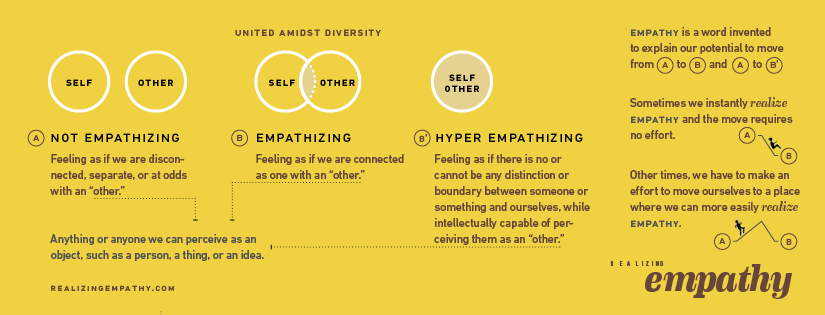Sometimes
we judge perfectionism
as if it’s
“bad.”
No.
In the long-term,
perfectionism
is what may be required
to achieve
beauty.
In the short-term,
we may have to prioritize
in order to achieve
other milestones
that buy us the time we need
to achieve beauty
in the long-term.
The challenge isn’t perfectionism,
it’s prioritization.
May we not throw the baby
out with the bath water
For the will to perfect
when managed well
can endow us with the strength
to endure the pain it may require
to achieve beauty.
